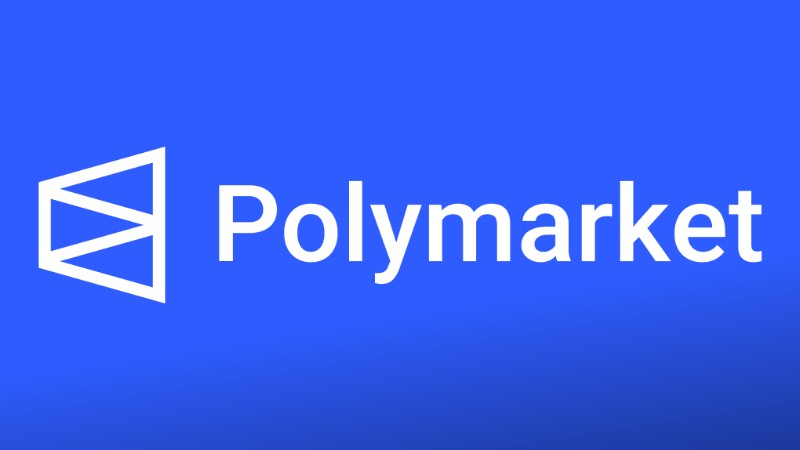
The Dutch gambling regulator, Kansspelautoriteit (KSA), is pushing ahead with its complete ban on sports sponsorships from gambling companies. While the ban technically began in July 2023, existing contracts were given a two-year grace period. By July 2025, all forms of sponsorship, direct or indirect, will be illegal. The KSA has reminded licensed operators of their responsibilities and urged them to prepare for the final deadline.
Protecting vulnerable audiences remains the focus
The KSA’s main goal is to shield minors and other at-risk groups from gambling promotion. The regulator plans to strictly enforce the rules, similar to Belgium’s approach, where even indirect sponsorship attempts resulted in penalties for sports clubs. This includes cracking down on hidden ads or partnerships that appear through digital platforms.
Reforms show early signs of success
Since new player protection measures were introduced in October 2024, there has been a noticeable decline in high-risk behaviour. Accounts that previously lost over €1,000 per month made up only 4% of players but generated nearly 23% of operator revenue. That figure has since dropped, indicating the updated rules are starting to have a positive impact on gambling habits.
Online casino PPC and Google Ads under scrutiny
As the sponsorship ban expands, digital advertising channels like Google Ads and online casino PPC campaigns are also being monitored more closely. The KSA is reviewing how operators use paid search to promote gambling services, especially in cases where they may bypass local advertising restrictions. Authorities are expected to introduce tighter controls on these platforms in the near future.
Illegal operators and Cruks data raise concerns
Despite strong channelization, nearly 50% of gambling funds still go to unlicensed websites. These illegal platforms often run gambling PPC campaigns that target Dutch players without regulatory oversight. By January 2025, more users, especially those under 32, had enrolled in Cruks, the self-exclusion system. The rise in Cruks sign-ups highlights the continued need for stronger enforcement and clearer ad rules to support responsible play.

